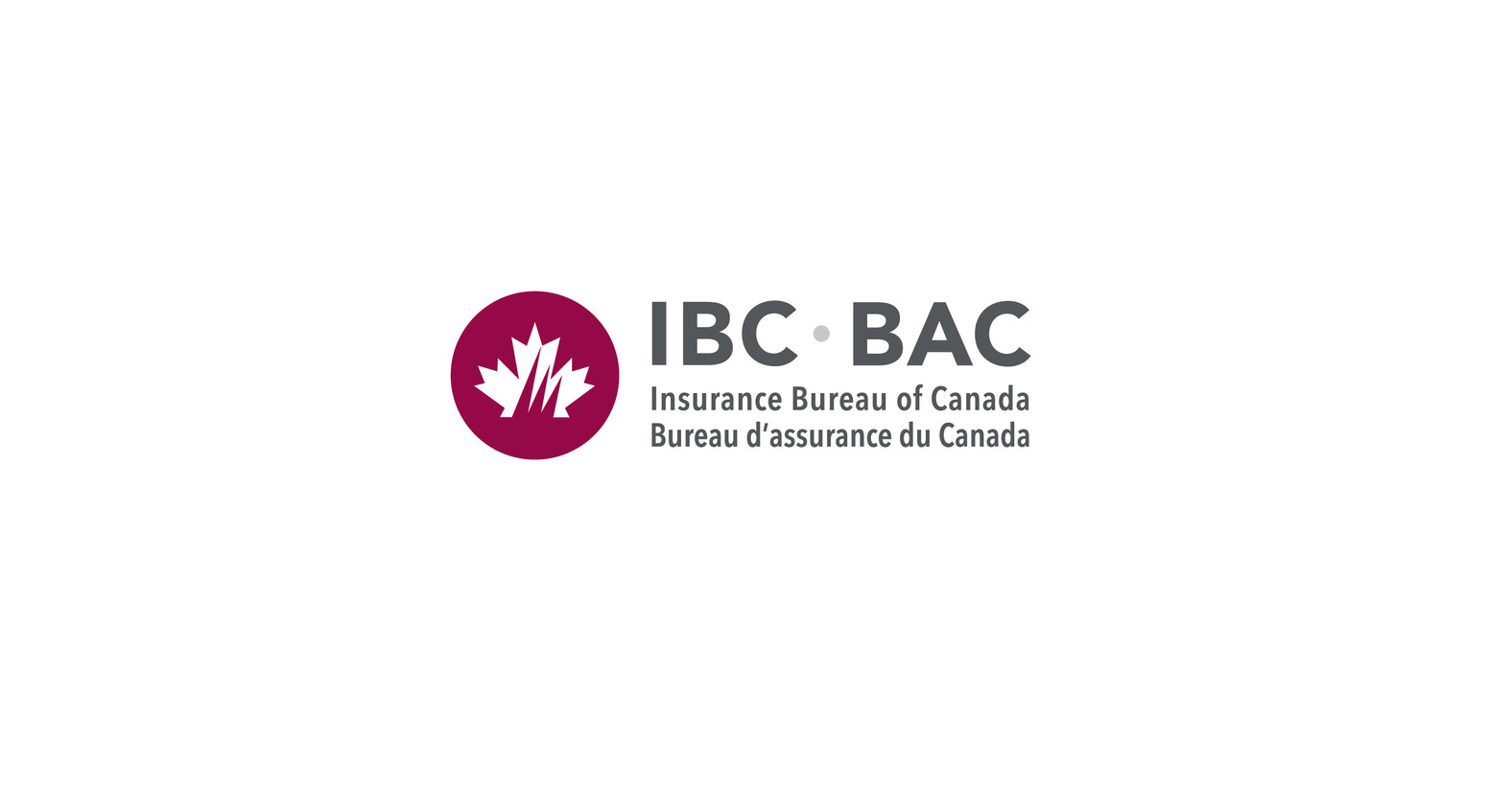Naracoorte small business warns others to guard passwords after email hack attack
A small business owner in South Australia’s south-east is warning others to manage their passwords better after his email account was hacked and a customer almost handed over more than $100,000 to a scammer.
Key points:
- A scammer hacked into a business’s email account and asked a customer to send money to a new bank account
- The business is now managing its passwords better
- A small business association says cyber attacks are common
A recent report found almost half of Australia’s small businesses have suffered a cyber attack.
A customer contacted South East Marine and Motorcycles owner Daniel James after receiving a suspicious email and phone calls demanding payment for a boat.
The scammer had guessed the business’s email account password and then edited an old sales order for the boat with the new bank account details on it.
The scammer claimed they were from the Naracoorte business and sent out a new invoice with different bank account details on it in the hope the customer would send the money to them rather than South East Marine and Motorcycles.
Fortunately, the customer realised it was a scam and contacted Mr James before handing over any money.
“He smelt a rat pretty quick,” he said.
Mr James is now using a computer program to manage the business’s account passwords and posted a message on the South East Marine and Motorcycles Facebook page warning of the scam.
He also called other customers with outstanding orders.
He is warning other small businesses to be vigilant.
“I think that most business owners should really be aware — a lot more aware — of your security in your own systems and making sure that you have good passwords,” Mr James said.
Mr James has reported the crime to SA Police.
Training available for small businesses
A survey of small business industry leaders conducted by the Council of Small Business Organisations Australia (COSBOA) last month found 44 per cent of Australian small businesses had experienced a cyber attack.
The organisation received $23 million in last month’s federal budget for its Cyber Wardens online course for small businesses.
COSBOA chief executive Luke Achterstraat said cyber attacks were a big problem for small businesses that mostly did not…



